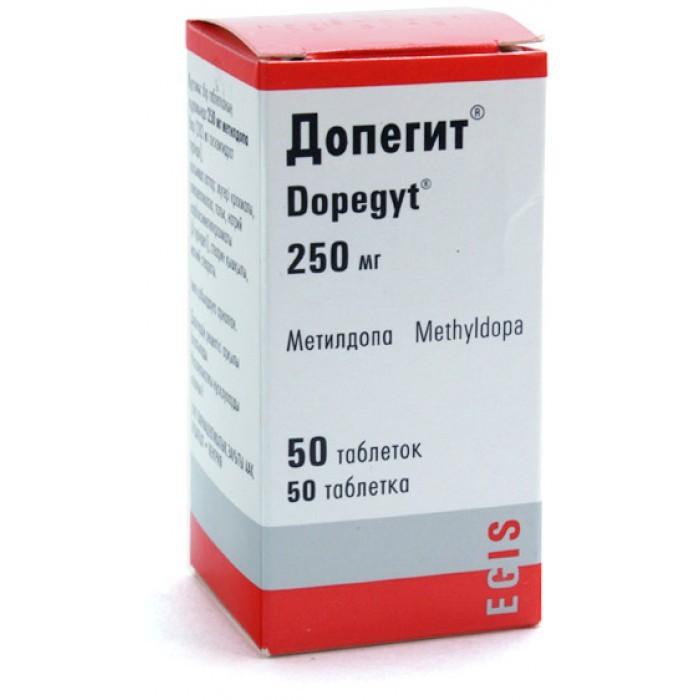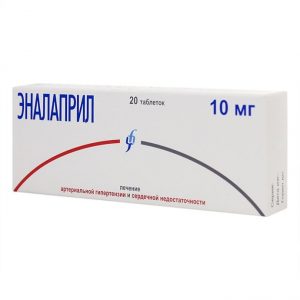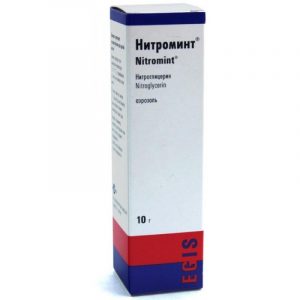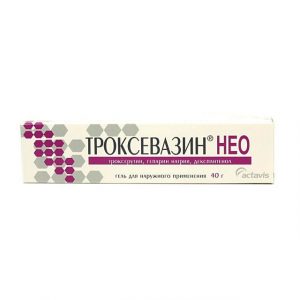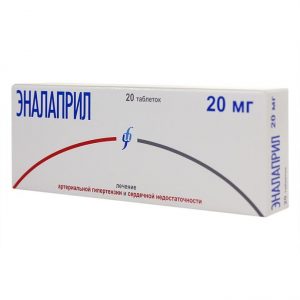Description
Release form
Tablets.
Packing
50 pcs.
Contraindications
Dopegit is contraindicated in patients with hemolytic anemia, hypersensitivity, acute hepatitis, renal failure, liver failure, cirrhosis, systemic diseases of the connective tissue, depression, parkinsonism, pheochromocytoma, severe coronary atherosclerosis, acute myocardial infarction, severe atherosclerosis of the cerebral vessels, while taking levodopa and MAO inhibitors.
Caution should be exercised when prescribing the drug Dopegit during lactation and in patients with a history of hepatitis, diencephalic syndrome, acute left ventricular failure.
Use during pregnancy and lactation
Clinical studies did not show signs of damage to the newborn or fetus when using the drug in the second and third trimesters of pregnancy. However, it is recommended that Dopegitum be prescribed to pregnant women only for strict indications.
Composition
1 tablet contains 250 mg methyldopa sesquihydrate.
Dosage and administration
Dopegit preparation requires individual dosing.
Dopegite is prescribed for adults, orally, at an initial dosage of 250 mg in the evening (in the first two days). Over the next every two days, a single dose is increased by 250 mg until an optimal antihypertensive effect is achieved (as a rule, it is noted when a daily dose of 1 g is divided into 2-3 doses).
First of all, it is recommended to increase the evening dose in order to reduce the sedative effect.
The maximum daily dosage of Dopegit is 2 g. When combined with other antihypertensive drugs, the maximum daily dose of Dopegitis should not exceed 500 mg.
The dose of the drug is gradually reduced after reaching a stable hypotensive effect to the level of the minimum effective dosage.
Patients with impaired renal function are recommended to reduce a single dose of the drug. The initial daily dosage of Dopegitis for children is 10 mg / kg, divided into 2-4 doses. The maximum daily dosage of the drug Dopegit for children should not exceed 65 mg / kg.
For elderly patients, it is recommended to prescribe an initial dosage of 125 mg once or twice a day. The maximum daily dose for elderly patients is 2 g, divided into 2 doses.
Side effects
When using Dopegit, the appearance of: – lethargy, drowsiness, lethargy, facial paralysis, parkinsonism, paresthesia, spontaneous chorioathetoid movements, swaying when walking, dizziness, headache
– orthostatic hypertension, peripheral edema, bradycardia, hyperemia of the upper half of the body, worsening phenomena of heart failure, worsening angina pectoris, myocardial gland myocardium, myocardium , vomiting, nausea, diarrhea, colitis, hepatotoxicity, pancreatitis, jaundice, increased activity of hepatic transaminases
– leukopenia, hemolytic anemia, agranulocytes toza, thrombocytopenia
– arthralgia, myalgia
– galactorrhea, gynecomastia, hyperprolactinemia
– decreased libido, decreased potency, amenorrhea
– fever, rash, exanthema, toxic epidermal necrolysis – inflammation of the syndrome of inflammation of the lymphoma (SAR) nasal congestion
– a positive direct Coombs test (when taking the drug for more than 6 months in a daily dosage> 1 g).
Drug Interactions
Combination of the drug with MAO inhibitors can lead to increased side effects: arterial hypotension or hypertensive crisis with psychomotor agitation.
Combination with tricyclic antidepressants can reduce the hypotensive effect of the drug and provoke the appearance of headaches, tachycardia, agitation.
Combined use with levodopa can lead to an increase in the antiparkinsonian effect, which is due to the inhibition of peripheral decarboxylation of levodopa under the influence of methyldopa and an increase in the concentration of levodopa in the central nervous system. In cases where inhibition of decarboxylation predominates in the central nervous system, the antiparkinsonian effect of levodopa decreases.
The combination of Dopegitis with drugs that contain levodopa + carbidopa can lead to the development of orthostatic hypotension. In such cases, patients are recommended to be in a horizontal position for 1-2 hours after taking the drugs.
The combination of Dopegitis with haloperidol leads to an increased likelihood of developing dementia, the combination with digoxin in elderly patients can increase the likelihood of developing CVS.
To increase the hypotensive effect of the drug, it is advisable to combine it with diuretics, hydralazine and nifedipine.
Concomitant use of the drug with? -adrenoblockers can lead to the development of orthostatic hypotension.
Concomitant use with adrenergic agonists, indomethacin and other NSAIDs reduces the severity of the hypotensive effect of the drug.
The combination of Dopegitis with anxiolytics (tranquilizers) enhances the hypotensive effect of the drug.
Alkalization of urine during the treatment with methyldopa leads to an increase in its action, acidification of urine to a decrease in action.
The drug should be discontinued 7-10 days before general anesthesia in order to avoid the development of a collaptoid state. Medicines for general anesthesia (thiopental sodium or halothane) should be carefully prescribed to patients taking methyldopa. The use of diethyl ether is contraindicated.
Dopegit increases the hepatotoxicity of oral contraceptives and lithium salts.
The drug is incompatible with reserpine.
Caution should be exercised when combining Dopegit with quinidine, antipsychotics, acetazolamide and procainamide.
Overdose
With an overdose of the drug Dopegit, the development of severe arterial hypotension, weakness, severe bradycardia, drowsiness, tremor, lethargy, dizziness, flatulence, constipation, diarrhea, vomiting, nausea, intestinal atony.
Overdose treatment: shortly after administration, rinse the stomach and stimulate vomiting in order to reduce the amount of absorbed drug. It is advisable to control bcc, heart rate, electrolyte balance, kidney, intestine and brain functions. The introduction of sympathomimetics (epinephrine) is allowed if necessary.
Storage Conditions
Store at 15-25 degrees Celsius.
terms of sale from
pharmacies Prescription
Form of Treatment
tablets
